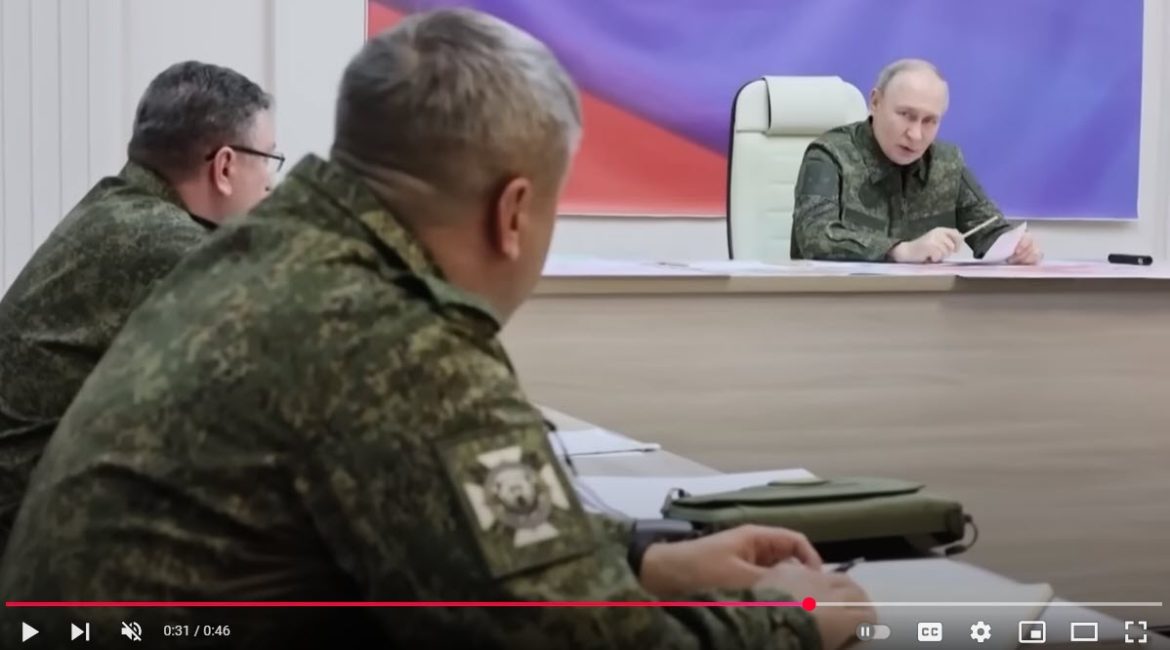In a significant diplomatic move, U.S. Special Envoy Steve Witkoff has arrived in Moscow to engage in discussions with Russian officials, aiming to establish a 30-day ceasefire in the ongoing conflict between Russia and Ukraine. This initiative follows Ukraine’s acceptance of the U.S.-proposed ceasefire plan earlier this week.
The Russian response to the ceasefire proposal has been marked by skepticism. Kremlin aide Yuri Ushakov criticized the plan, suggesting it would serve merely as a temporary respite for Ukrainian forces, allowing them time to regroup. This sentiment underscores the complexities facing diplomatic efforts to halt the three-year conflict.
Concurrently, NATO Secretary General Mark Rutte is in Washington for high-level talks with President Donald Trump. The discussions are expected to focus on the future of NATO and the situation in Ukraine. Rutte has expressed support for diplomatic efforts to secure peace in the region, emphasizing the importance of establishing a stable environment before considering peacekeeping operations.
The backdrop to these developments includes recent military activities by NATO forces. American warplanes, including F-15 and F-35 jets from the 48th Fighter Wing based at RAF Lakenheath in Suffolk, conducted early morning training flights. These exercises are part of NATO’s ongoing efforts to demonstrate readiness and commitment to defending its allies.
As diplomatic and military maneuvers continue, the international community watches closely, hopeful for a resolution that brings lasting peace to the region.
Sources:
- Russia wary of proposed Ukraine ceasefire plan as US talks begin
- Trump’s envoy arrives in Moscow for Ukraine-Russia ceasefire talks with Putin
- US jets shatter Suffolk dawn silence in NATO show of strength
- Trump to meet NATO’s Rutte, Ireland’s Martin this week



